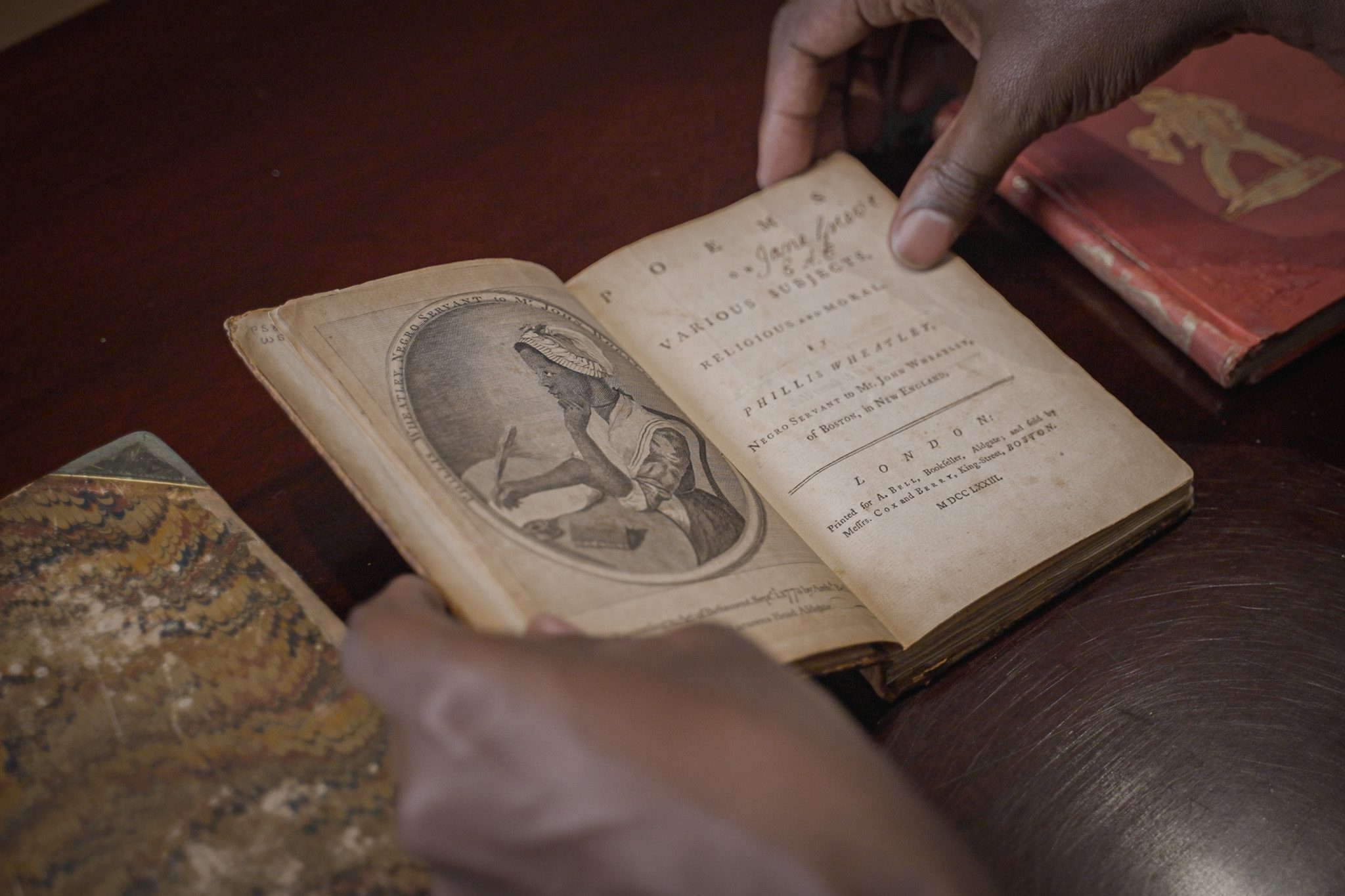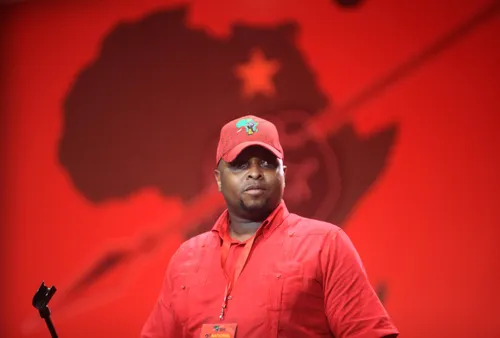- BlackVoter.Org
- Posts
- BlackVoter.Org
BlackVoter.Org


The Mattatuck Museum in Waterbury is showcasing “The Art of Elizabeth Catlett,” a powerful exhibition featuring 38 pieces by the late civil rights activist and artist, including striking sculptures and evocative lithographs. Recognized as a pivotal figure in 20th-century art, Catlett's work, often deeply political, highlights the experiences and resilience of Black women.
Curator Becca Lo Presti emphasizes the importance of Catlett’s radical perspective, which often challenged societal norms and faced government backlash. The exhibit serves as a robust introduction to Catlett’s legacy, coinciding with her recognition at the National Gallery of Art and an upcoming major show at the Brooklyn Museum.
Catlett’s art, from the iconic "Sharecropper" to the nurturing "Mother and Child," captures the complexities of Black womanhood, blending emotion and activism. The exhibit runs through June 15, inviting visitors to engage with Catlett's profound and dynamic artistry.

Congressman Hakeem Jeffries recently ignited a fiery debate with his vow to protect the Museum of African American History. His declaration, meant to rally support, sparked an equal measure of praise and skepticism among followers.
While some like @jasonbrassell applauded Jeffries, others dismissed his words as mere political posturing, with critiques including calls for more substantive actions, such as articles of impeachment. The conversation swiftly escalated, featuring mixed reactions from both supporters and detractors, highlighting the divisive nature of the issue.
Critics accused Jeffries of hypocrisy, while advocates stressed the museum's cultural significance. International voices also chimed in, emphasizing the global interest in American political drama.
Ultimately, the discussion showcases a nation split on the importance of symbolic gestures versus tangible action, with the fate of the museum caught in this larger cultural and political clash.

Join an exciting virtual journey with the Winterthur Museum's upcoming course, "Envisioning the Afric-American Picture Gallery." Dive into the world inspired by 19th-century free Black journalist William J.
Wilson, whose essay laid the groundwork for the exhibition "Almost Unknown," running from May 2025 to January 2026. Led by guest curator Dr.
Jonathan Michael Square, this four-module course allows participants to explore Wilson's prose, the curatorial process, and engage in thoughtful discussions about Black life in the U.S.
and beyond. You'll also have the chance to present your ideas and creativity! The first module kicks off on June 4, and registration is open until May 1, 2025.
Plus, participants can join an in-person tour of the exhibition led by Square.

Meet Congressman Al Green, a fearless advocate for social justice and the esteemed representative of Texas's 18th Congressional District. Born into a humble background in Houston, Green's passion for politics blossomed during his college years, paving the way for his historic entry into the Texas State House in 1992 as its first African American representative.
Since joining Congress in 2004, he has become a stalwart voice against the Iraq War, a champion of the Voting Rights Act, and an ardent supporter of healthcare reform. With his unapologetic stance on controversial issues, such as police reform and economic inequality, Green often finds himself at the center of heated debates.
Despite the criticism he faces, his commitment to the underrepresented shines bright, earning him accolades like the NAACP's Profile in Courage Award. As Al Green continues to fight for the voiceless, he remains a beacon of hope and resilience in American politics.

The Trump administration's federal job cuts are jeopardizing decades of progress for Black employees, threatening the stability that many have achieved through government employment. For generations, federal jobs have acted as a pathway to the middle class for Black workers, providing not just financial security but also a sense of purpose and opportunity.
Figures like Shirley Hopkins, who dedicated her career to helping Black youth secure federal internships, exemplify this legacy. However, ongoing layoffs, hiring freezes, and attacks on diversity programs are derailing these advancements.
As the share of Black federal employees shrinks, experts warn that the ripple effects could severely impact entire communities, particularly in areas like Prince George's County, a majority-Black region that has prospered thanks to federal jobs. The looming uncertainty means the traditional route into federal service—and the opportunities it offers for upward mobility—may soon be obstructed, leaving many anxiously contemplating their futures.

In her provocative piece, Starlette Thomas examines the mediocrity of Donald Trump’s presidency, arguing it serves as a stark reminder of America's reluctance to rise above the norms of white male privilege. Referencing insights from Ijeoma Oluo’s bestselling book “Mediocre,” Thomas highlights how society equates wealth and whiteness with leadership, even when the qualities celebrated—overconfidence and aggression—often lead to disastrous outcomes.
She underscores the damaging effects of perpetuating a system that rewards the mediocre, while African American women’s warnings about Trump's character went unheeded. With democracy unraveling, Thomas calls for accountability and introspection, urging America to confront uncomfortable truths rather than accept a hollow leadership that prioritizes patriarchal values over real progress.
Ultimately, she asserts that the country must "know better" to do better, emphasizing that true leadership involves inclusivity, education, and a commitment to social justice.

In a spirited debate on #BlackLivesMatter, Floyd Shivambu, the deputy president of the Economic Freedom Fighters (EFF), made a bold statement in Parliament, declaring that "black people can’t be racist." He emphasized the historical and systemic nature of racism, asserting that the experience of racism isn’t rooted in a belief of superiority, but rather in a long-standing struggle against oppression, particularly from white supremacy.
Drawing attention to the tragic deaths of numerous black individuals at the hands of police, Shivambu criticized government indifference, citing the Marikana massacre as a prime example of disrespect toward black lives. Calling out the notion of racial superiority as "rubbish," he encouraged the audience to recognize that confronting systemic discrimination is not an act of racism, but a fight for dignity and justice.
His remarks underscored a passionate plea for awareness and action in the ongoing battle against racism.
